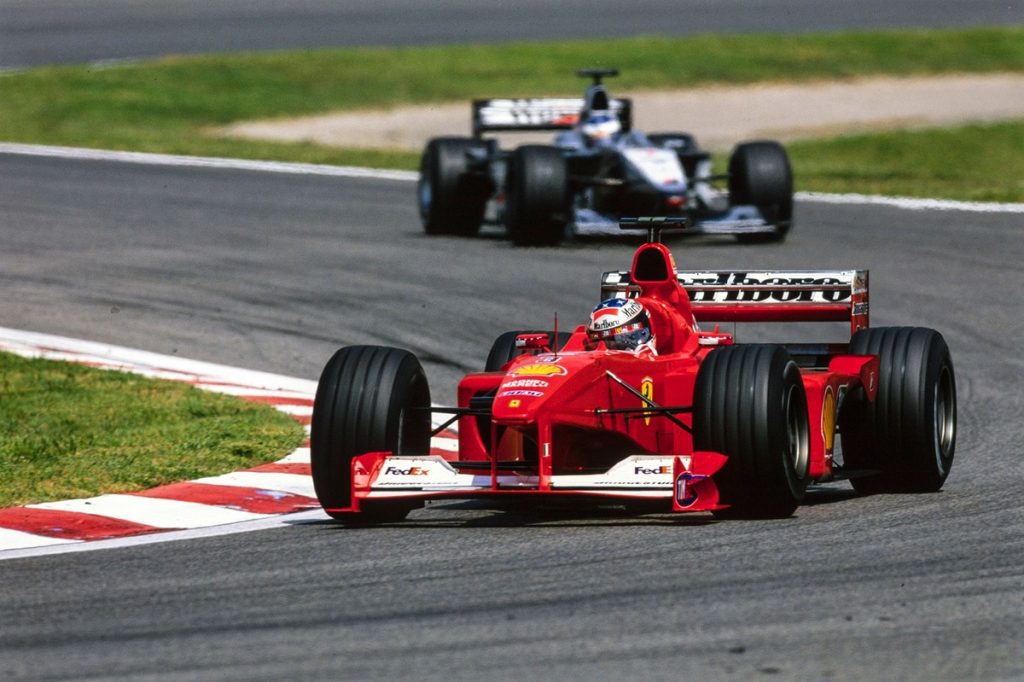Ferrari’s Dominance in Formula 1
Between 1999 and 2004, Ferrari achieved remarkable success, winning six straight constructors’ championships and five drivers’ championships. In 2000, the team dominated with 13 victories out of 17 races. During its peak years, 2002 and 2004, Ferrari clinched 15 wins out of 17 and 15 out of 18 races, respectively, with the F2004 setting enduring lap records at multiple circuits.
Comparison to McLaren’s Current Era
Ferrari faced numerous unfounded allegations of cheating from rivals unable to match its superior performance on the track. This situation seems to echo today as McLaren has begun to draw comparisons with Ferrari’s stellar era, including the circulation of absurd conspiracy theories by rival teams.
Insights from Andrea Stella
Andrea Stella, McLaren’s team principal, has deep experience, having joined Ferrari in 2000 as a performance engineer. He later worked alongside Michael Schumacher starting in 2002. Stella sees this previous era as an inspiring benchmark for competitive excellence that all teams should pursue.
Recent Reflections on Performance
Before the recent Hungarian Grand Prix, Stella reflected on McLaren’s current performance compared to Ferrari’s past. He noted that while his perspective has changed, McLaren’s rapid progress over the last few years has been exceptionally unique, potentially even quicker than Ferrari’s peak progress during its competitive height.
Team Dynamics and Development
Stella highlighted that one of McLaren’s distinguishing features is its strong team cohesiveness, lacking any superstars, which fosters a proper team dynamic. In contrast, when he joined Ferrari, it had just embarked on a journey to regain competitiveness, spurred by team principal Jean Todt’s leadership and strategic recruitments.
Cultural Shifts in Formula 1 Teams
Under Brawn’s guidance at Ferrari, a culture promoting collective responsibility instead of blame was developed, allowing freedom for employees to generate ideas for improvement. This culture not only motivated the team but also protected them from external pressures, particularly from the media.
Future Aspirations for McLaren
Stella believes that McLaren’s ability to create successful developments stems from strong fundamentals, including mechanical and aerodynamic advancements. He emphasizes the critical need for effective methodologies to ensure that innovations translate from the wind tunnel to actual track performance. A strong, knowledgeable team underlines these advancements, contributing significantly to McLaren’s resurgence in the sport.



